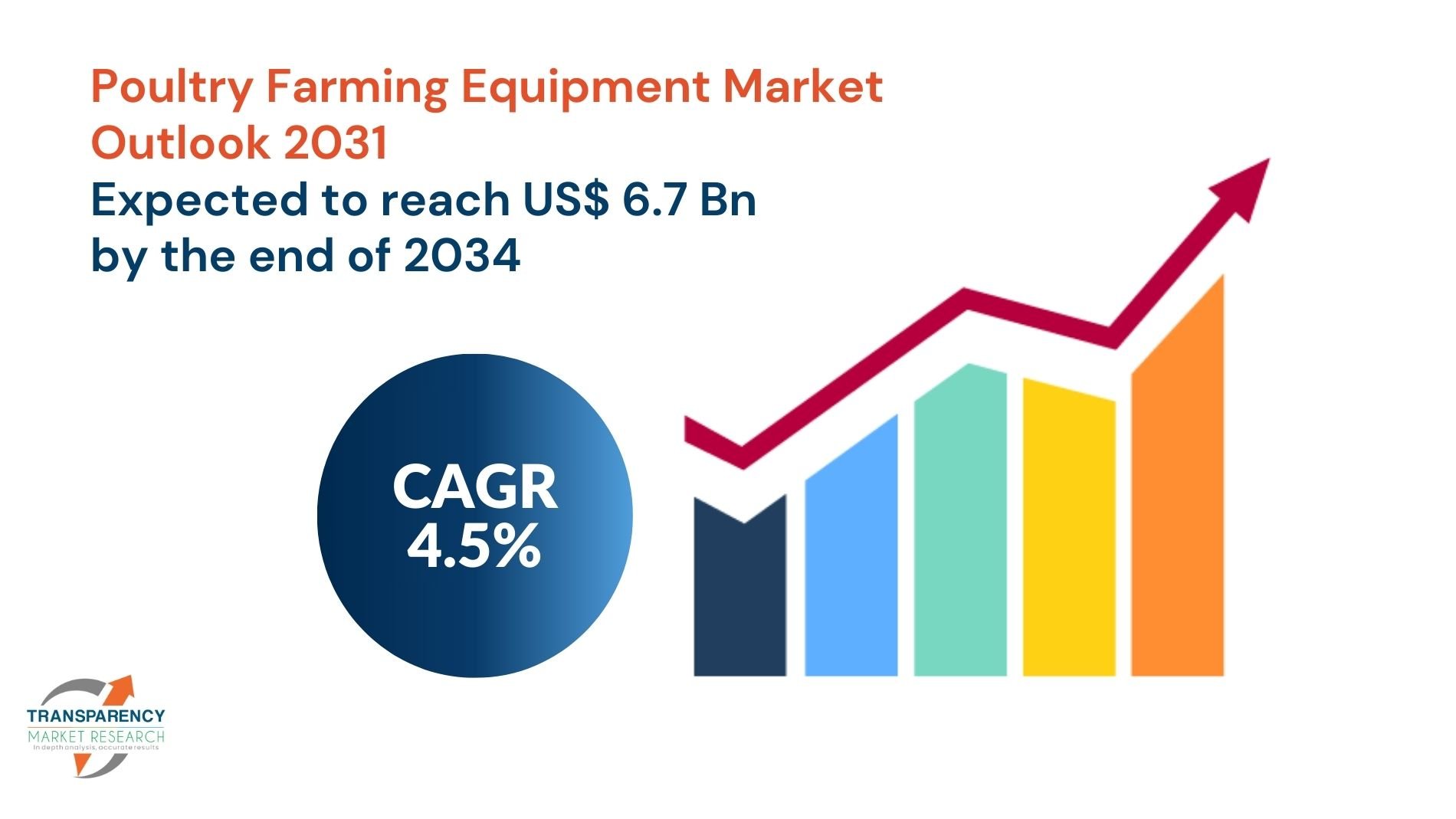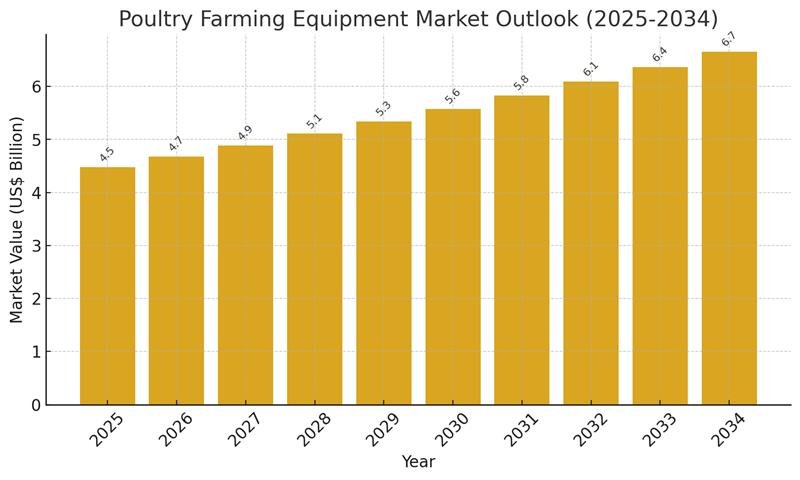As global poultry meat demand surges (projected to grow by 20% by 2030), the poultry farming equipment market is undergoing a structural transformation. Smart technologies and sustainability principles are driving the industry toward greater efficiency, safety, and environmental stewardship:
Automation: AI monitoring, robotic egg collection, and IoT-based climate control systems reduce labor costs and boost productivity.
Sustainability: Energy-efficient ventilation, manure recycling systems, and water-saving technologies minimize carbon footprints.
Biosecurity: Automated disinfection systems and air filtration devices effectively prevent the spread of poultry diseases.

Surging Demand for Poultry Products
Expansion of fast-food chains and protein-rich diets fuel poultry consumption.
Demand for organic and antibiotic-free poultry drives equipment upgrades.
Smart Technologies and IoT Integration
Precision feeding systems optimize nutrition while reducing waste.
Real-time climate monitoring ensures stable temperature and humidity, improving survival rates.
Rise of Large-Scale Farming
Commercial farms boost demand for high-capacity incubators and precision farming tools.
Contract farming models in developing countries accelerate investments in modern infrastructure.
| Segmentation | Subcategories |
|---|---|
| Product Type | Feeding Systems, Drinking Equipment, Egg Collection Robots, Climate Control, Incubators, Manure Management, Housing & Cages, Lighting Systems |
| Poultry Type | Broilers (Meat Production), Layers (Egg-Laying), Breeders (Hatchery), Others (Turkeys, Ducks) |
| Automation Level | Manual, Semi-Automated, Fully Automated IoT Solutions |
| Distribution Channel | Direct Sales, Distributors, E-Commerce, Retail Stores |
| Region | North America, Europe, Asia Pacific, and others with distinct demand patterns |
High Initial Costs: Government subsidies and financing programs alleviate capital pressure.
Technical Maintenance: Suppliers offer customized training and remote support.
Regulatory Compliance: Adherence to international biosecurity standards and certified equipment reduces risks.

AI & Robotics: Further automation for 24/7 unmanned operations.
Carbon Neutrality: Increased adoption of renewable energy (e.g., solar-powered poultry houses).
Consumer-Centric Demand: Traceability technologies meet demands for food safety and ethical farming.
Inquire Now